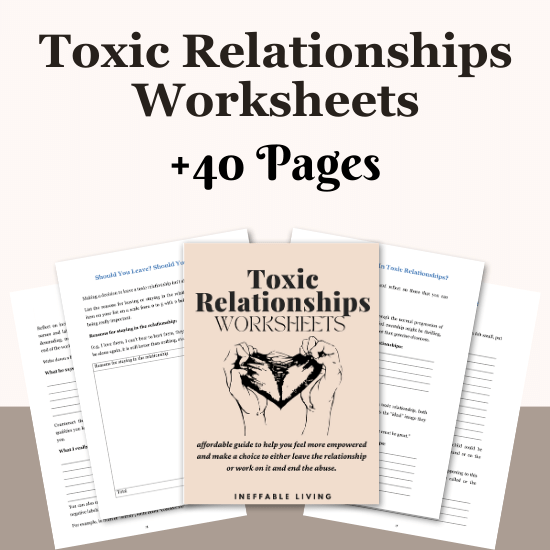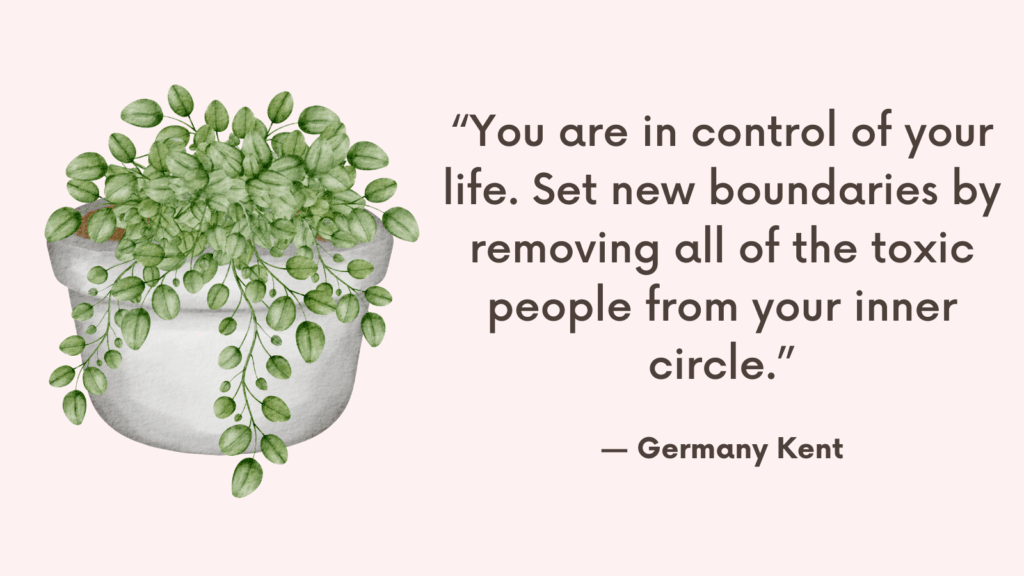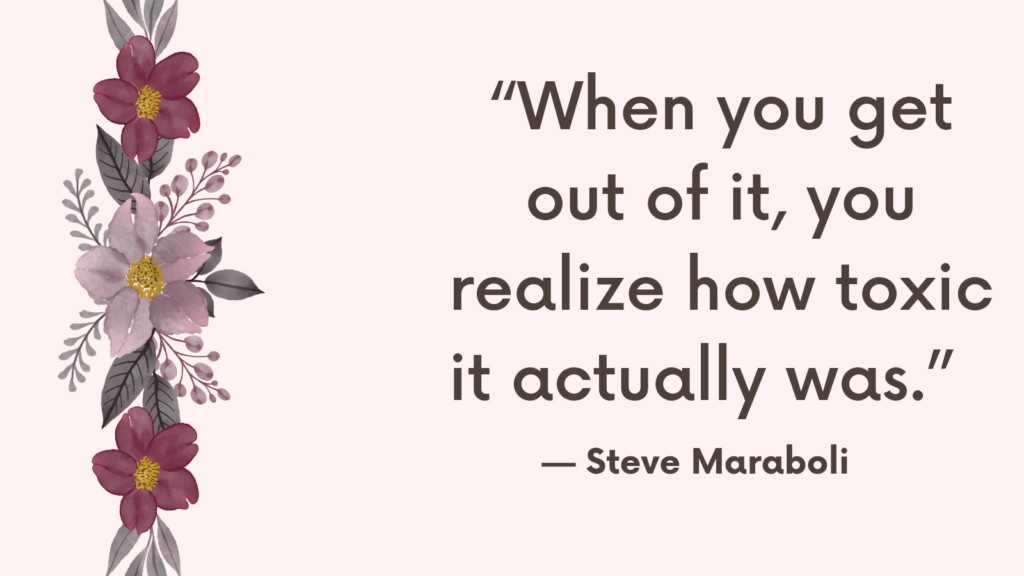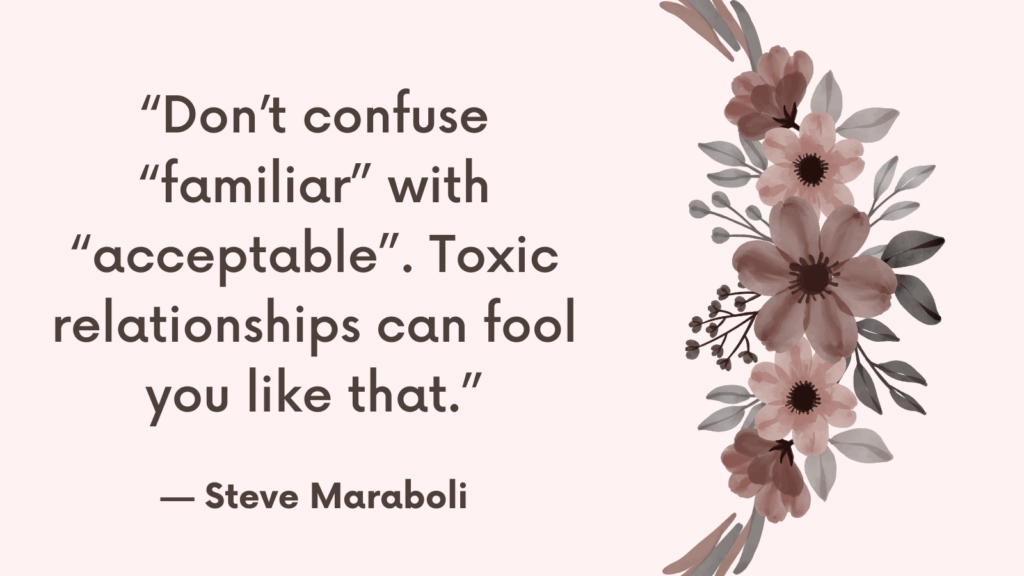Cheating is often seen as a sign of unhappiness or dissatisfaction, but the truth is more complicated. Sometimes, people who seem happy in their relationships still betray trust. Understanding why can help make sense of confusing pain—not to excuse behavior, but to see the full picture.
Understanding the Myth: “People Only Cheat When They’re Unhappy”
It’s easy to assume cheating is a reaction to a bad relationship. While that’s sometimes true, not all affairs are born from conflict, neglect, or distance. Some people cheat while saying they love their partner. Some cheat in the middle of a seemingly strong marriage. That doesn’t make it okay—it just makes it more psychologically layered.
Infidelity isn’t always about the other person. It’s often about the self.
What Makes Someone Cheat Even If They’re Happy?
1. Seeking Validation Outside the Relationship
Even happy partners may crave external affirmation to boost self-esteem or feel desired beyond their primary bond.
2. Impulse and Opportunity
Sometimes cheating happens in moments of weakness—when temptation aligns with lowered self-control or unexpected opportunity, rather than deep unhappiness.
3. Thrill-Seeking and Novelty
For some, the excitement of secrecy or newness can feel addictive, regardless of their overall satisfaction.
Related: The Psychology Behind Cheating And Lying
4. Emotional Disconnect or Loneliness
A partner may feel alone or misunderstood—even if the relationship looks good on the surface—and seek connection elsewhere without consciously realizing dissatisfaction.
5. Unresolved Personal Issues
Past trauma, attachment styles, or self-sabotage patterns can lead someone to cheat as a way to cope or test the relationship.
6. Poor Impulse Control or Risk-Taking Personality
Some people struggle to resist temptation due to personality traits or underlying mental health issues, not necessarily relationship unhappiness.
7. Avoidance of Deeper Conversations
Cheating can be a way to distract from or avoid addressing difficult feelings, conflicts, or needs within the relationship.
8. Low Empathy or Moral Reasoning
For some, the decision to cheat isn’t weighed heavily against the potential hurt caused, reflecting deeper character or ethical issues.
Related: Breakup Therapy: 6 Techniques to Help Clients Cope With Grief
9. A Desire for Autonomy or Rebellion
Even in happy relationships, a person may cheat to assert independence or rebel against perceived constraints.
10. Communication Gaps or Mismatched Expectations
What looks like happiness might mask unspoken dissatisfaction, unmet needs, or different views about exclusivity and commitment.
How People Justify Cheating To Themselves?
1. “It Was Just One Time”
Minimizing the act as a “slip” or a single mistake helps downplay the seriousness and avoid seeing themselves as a “cheater.”
2. “They Don’t Meet My Needs”
Blaming the partner or relationship for emotional, physical, or sexual dissatisfaction shifts responsibility outward.
Related: How to Heal From Infidelity Trauma?
3. “I Was Lonely or Vulnerable”
Portraying cheating as a response to pain or weakness frames it as understandable—even if not excusable.
4. “It Didn’t Mean Anything”
Claiming the affair was purely physical or meaningless helps separate the act from emotional betrayal.
5. “I Was Caught Up in the Moment”
Impulsive decisions are often excused as loss of control rather than conscious choices.
6. “Everyone Does It”
Normalizing cheating as common or expected lessens personal accountability.
7. “I Deserve Happiness”
Framing cheating as a way to reclaim joy or self-worth justifies betraying commitments.
8. “They Would Have Cheated If I Didn’t”
Deflecting blame by assuming inevitable betrayal protects self-image and rationalizes pre-emptive cheating.
9. “I Was Testing the Relationship”
Using cheating as a misguided “experiment” to gauge partner’s loyalty or relationship strength shifts focus away from the harm done.
10. “It’s My Private Life”
Separating their actions from the relationship’s official boundaries creates a mental loophole around betrayal.
Related: Top 7 Tips On Setting Boundaries With An Ex When In A New Relationship
What This Doesn’t Mean
- It doesn’t mean the betrayed partner did anything wrong
- It doesn’t mean the relationship was secretly broken
- It doesn’t mean the person who cheated is evil or incapable of love
But it does mean:
Cheating is often a reflection of the inner world of the person who cheats—not just the outer reality of the relationship.
Can You Love Someone and Still Cheat?
Yes. It’s uncomfortable, but true: some people cheat on partners they genuinely love. Love is not always the issue—emotional maturity, boundaries, self-awareness, and coping skills are.
Someone can love you deeply and still betray you if they haven’t done the emotional work to love you well.
What Happens After?
Whether the relationship continues or ends, infidelity demands accountability and healing—not just for the couple, but for the person who cheated.
Questions to ask include:
- What were they seeking—and why?
- Were they trying to escape themselves or their partner?
- Are they capable of growth, honesty, and self-inquiry going forward?
Forgiveness is possible—but it must be earned through change, not just apology.

Conclusion
Cheating in a happy relationship often stems from complex, layered causes—not just simple unhappiness. It can reflect personal struggles, unmet needs, or momentary lapses. Understanding this complexity doesn’t excuse betrayal—it highlights the importance of honest communication, self-awareness, and emotional accountability in love.



